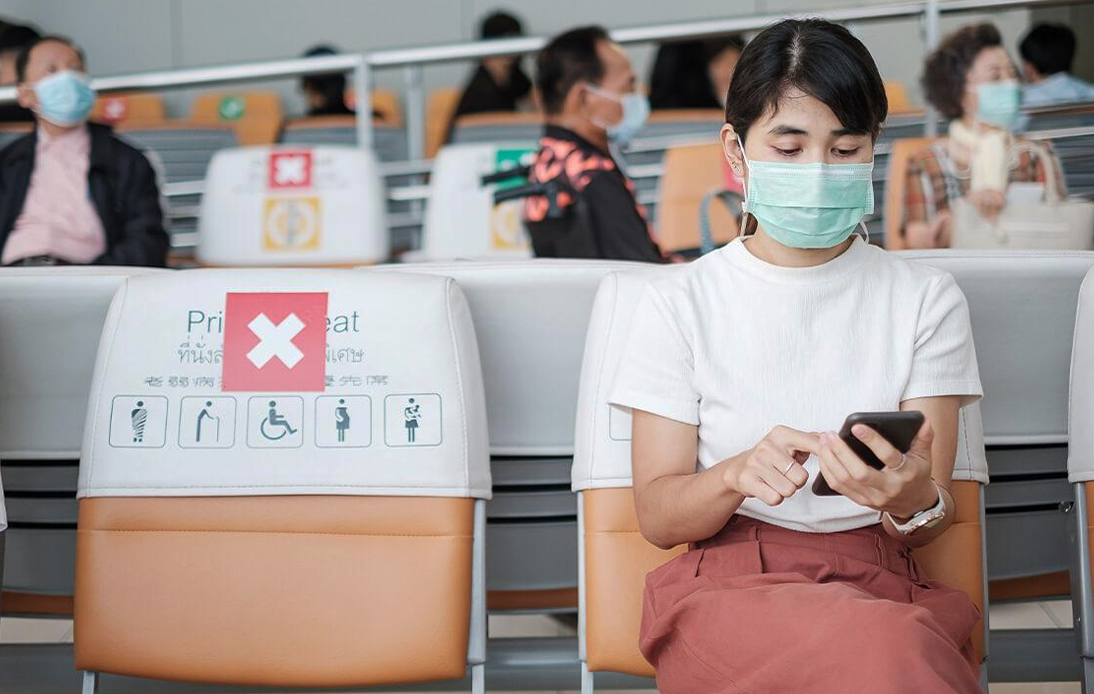
The government announced that it would extend the state of emergency until late September to continue facilitating Covid-19 restrictions in order to protect the lives of Thailand’s residents and visitors.
According to the Center for Covid-19 Situation Administration (CCSA)’s spokesman Taweesilp Visanuyothin, the state of emergency, set to expire this month, was extended from August 1 to September 30. The decision was made during health officials’ weekly meeting, led by Prime Minister Prayut Chan-o-cha.
It was the 19th time the measure has been extended since it was imposed under the Executive Decree on Public Administration in Emergency Situations on March 26, 2020, after the first Covid-19 case arrived in Thailand.
However, Mr. Taweesilp clarified that extending the policy was not intended to limit people’s freedom but to control the disease and protect citizens’ lives.
The move came after an increase in cases led by the most transmissible Omicron subvariants, BA.4 and BA.5, was reported in Thailand and other countries. Local infections are expected to rise as they become the dominant strains globally.
Latest reports from the Department of Medical Services showed that over 50% of the national case toll were infections related to subvariants BA.4 and BA.5. Experts predict that daily cases could climb to 30,000 each day.
The department’s deputy director-general Dr. Natthaphong Wongwiwat said the subvariants were expected to become the dominant infectious strains in Thailand, eventually accounting for 90% of cases, within two weeks.
Despite the increase in cases and the state of emergency extension, Thai authorities do not plan to announce stricter restrictions.
On Friday, the Education Ministry scrapped a school closure policy despite reports of rising infections among students, saying the on-site teaching method is better for everyone.
The ministry’s permanent secretary Supat Champathong called on schools to enforce Covid-19 measures such as social distancing and mask-wearing to prevent infections from spreading further. Other recommended precautions were handwashing, body temperature check, and keeping classrooms well-ventilated.
Mr. Supat’s comments came after at least four schools in Bangkok shifted to online learning to mitigate contagion. Earlier this week, Bangkok Christian College announced that it would return to virtual classes until July 19 after 688 students and 70 staff members tested positive for Covid-19.
Kasetsart University Laboratory School, Bodindecha (Sing Singhaseni) School, and Patumwan Demonstration School took similar steps.




















